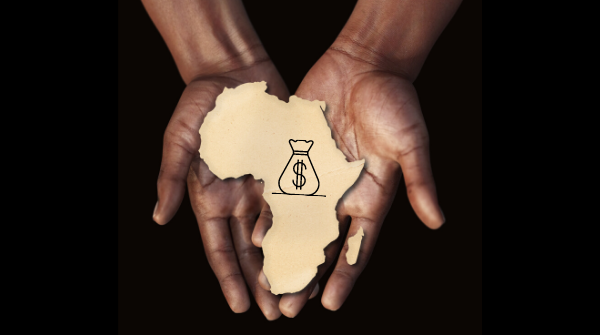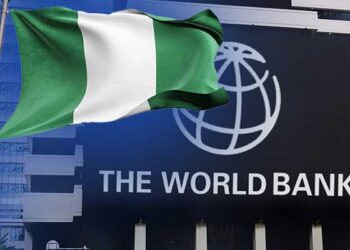In the first seven months of 2024, Nigeria’s expenditure on external debt servicing surged by 53.6% to $2.78 billion, up from $1.81 billion during the same period in 2023, according to the latest data from the Central Bank of Nigeria (CBN). This increase, detailed in the Weekly International Payments report, reflects a significant rise in Nigeria’s financial obligations to international creditors.
The highest debt servicing payments occurred in May, totaling $854.36 million, followed by January with $560.51 million and July with $542 million. Conversely, the lowest amount was recorded in June at $50.82 million. This pattern contrasts with the previous year, where the peak payment was $641.69 million in July 2023.
Nigeria’s growing debt burden is evident in recent figures from the Debt Management Office (DMO), which reported that the country’s total public debt reached N121.67 trillion ($91.46 billion) by March 31, 2024. This marks an increase from N97.34 trillion ($108.23 billion) at the end of 2023. The DMO attributed this rise to a combination of new borrowing and the depreciation of the naira.
Tajudeen Ibrahim, Director of Research and Strategy at Chapel Hill Denham, explained that the increase in debt servicing costs is due to both the rise in debt and the impact of currency devaluation. “There is a foreign currency translation effect on the debt servicing, alongside an actual increase in debt value,” Ibrahim noted.
Concerns are growing that Nigeria could face a debt trap if borrowing continues at high rates, especially given the country’s low credit rating, which restricts access to cheaper funding. Analysts suggest focusing borrowing on capital expenditures rather than consumption to mitigate these risks.
Fitch Ratings recently revised Nigeria’s outlook to positive from stable, while maintaining a ‘B-’ rating. The agency expects external debt servicing to hit $4.8 billion in 2024, with a slight increase to $5.2 billion in 2025. Fitch highlighted that Nigeria plans to meet its external financing obligations through a mix of multilateral loans, syndicated loans, and potentially commercial borrowing.
Despite these projections, President Bola Tinubu’s administration has committed to curbing excessive borrowing and addressing the associated fiscal pressures. The government’s strategy includes enhancing domestic borrowing and managing scarce resources more effectively.
At the subnational level, debt servicing remains a challenge, with 22 states collectively spending N251.79 billion on debt service from previous administrations within nine months, according to a recent report.
As Nigeria grapples with rising debt servicing costs, the government faces mounting pressure to balance fiscal stability with economic growth.










